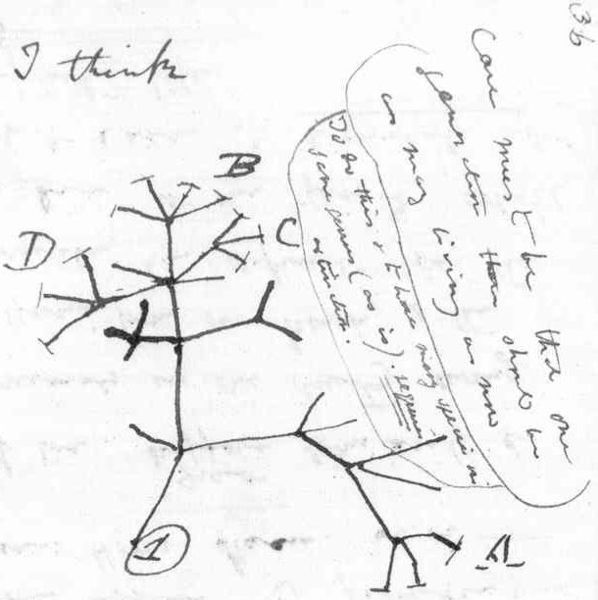I would like to take a moment to reflect upon the stylistic elements that Theresa May incorporates into her play Salmon is Everything. She uses several different methods of interpreting her claims, and I feel that all are useful to convey a well-rounded story.
Personally, I thought the opening scene was well put together and did a fabulous job at conveying the message of the play. May wanted people to be aware of the population changes in Salmon and the importance that they play into Native American tribes, and she did this through poetic discourse. You have all these characters stating who they are and, at times, what tribes they are apart of. The list includes Karuk, Yurok, Nu-Tini-Xwe—Hupa, and many others. Some people chose to identify themselves by their profession such as farmers, basket weavers, dancers, biologists, etc..
This element metaphorically represented the relationship that people have with the salmon. They don’t simply use the fish for economic or fiscal gain, but have adopted the salmon as a part of their culture. It’s phenomenal to me that animals have such an influence on a single culture.



